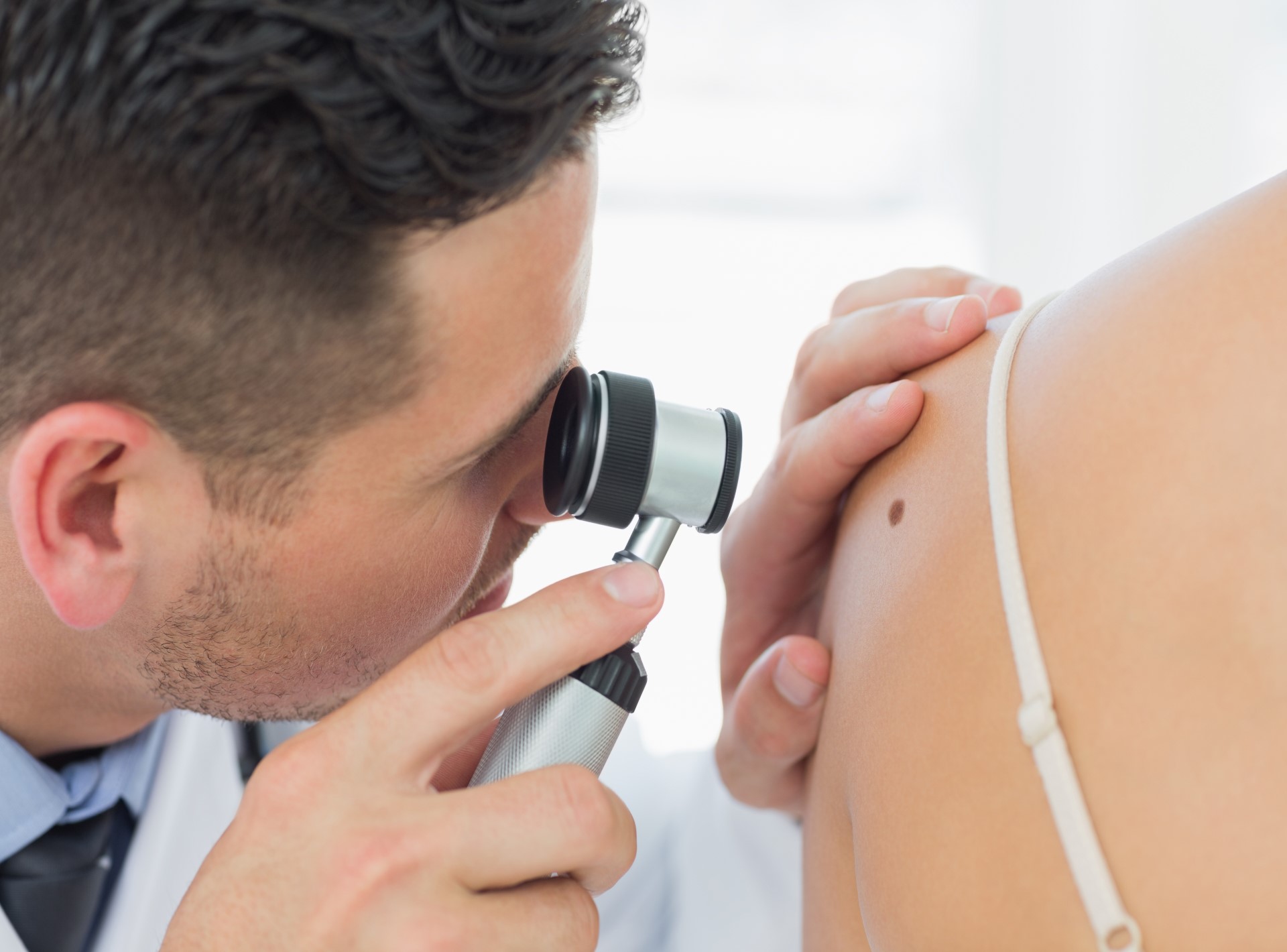 From 1 March 2023, Australians with recurrent melanoma will have a new treatment option subsidised by the PBS.
From 1 March 2023, Australians with recurrent melanoma will have a new treatment option subsidised by the PBS.
The PBS listings of Opdivo (nivolumab) and Yervoy (ipilimumab) will be expanded to be used in combination to treat Stage III or IV malignant melanoma in patients who experience a recurrence of melanoma while receiving, or within 6 months, of completing adjuvant PD-1inhibitor monotherapy.
Australia has one of the highest rates of melanoma in the world with one Australian diagnosed with melanoma every 30 minutes.
While 90% cent of melanomas can be successfully removed if diagnosed early, there may be recurrence in the skin or elsewhere in the body, and the expanded PBS listing is expected to benefit an average of 110 patients a year who would otherwise pay around $10,200 for a course of treatment.
The Minister for Health and Aged Care, Mr Mark Butler, made the announcement on 2 March 2023, noting that eligible patients will now pay a maximum of $30 per script for this vital therapy.
“Almost 17,000 Australians are expected to be diagnosed with melanoma this year,” Mr Butler said.
“For those Australians who unfortunately have the shock news of melanoma reoccurrence the expansion of these PBS listings will give them new hope and will save lives.”
Professor Georgina Long AO, the Co-Medical Director of the Melanoma Institute Australia (MIA) welcomed the announcement.
“This PBS listing means subsidised treatment is now available for high-risk melanoma patients whose disease recurs after having adjuvant anti-PD-1 therapy,” she said.
“This is a significant milestone for not only these patients and their families, but also for clinicians around the country who now have more options for patients… subsidised access to this treatment will undoubtedly save lives.”
According to Australian Prescriber, ipilimumab is a recombinant human monoclonal antibody that binds to the cytotoxic T-lymphocyte associated antigen 4 (CTLA-4) on activated T-cells, a process which enhances immune responses and can lead to tumour regression.
Although some of the trials used a higher dose, the recommended dose was 3 mg/kg, infused over 90 minutes with a steady state reached by the third dose.
Even though ipilimumab improved survival in patients with metastatic melanoma, it carries a risk of severe adverse reactions, which may be delayed in onset but given the drug’s terminal half-life of 15 days, may be persistent.
Nivolumab is also a monoclonal antibody which binds to the PD-1 receptor in place of ligands, blocking the inhibitory effects on T cells and enhancing the immune response to tumours, and an initial study in a small number of patients reported tumour responses in colorectal cancer, renal cell carcinoma, non-small cell lung cancer and melanoma.
As nivolumab and ipilimumab have different sites of action they are often used together and have been studied as a combination treatment for melanoma.
One trial exposed 316 participants to nivolumab, 315 to ipilimumab and 314 to both drugs, and the patients were treated until the disease either progressed too far or the level of toxicity became unacceptable.
However, even with treatment, the median progression-free survival for people with a diagnosis of melanoma was 6.9 months with nivolumab, 2.9 months with ipilimumab and 11.5 months with the combination.
Since July 1, 2022, there has been additional funding approved for 65 new and amended listings on the PBS, and the Government is currently encouraging Australians to fill their prescriptions for medicines to take advantage of the $12.50 reduction in out-of-pocket costs.
To reduce the number of people putting off buying medicines because of cost, the Government launched a new communications campaign promoting awareness of the reduced co-payment on 5 March 2023.
“Cheaper medicine is not just putting money back into patients’ pockets, it’s also good for Australia’s health,” Minister Butler said.
“Official figures estimate that Australians saved more than $36 million on PBS medicines in January and February 2023.
“If the savings for the first two months are repeated across the course of 2023, the total savings flowing back into the pockets of Australians with a Medicare card will amount to $218 million, which is more than the $200 million in annual savings that the government had been forecasting before the price reduction came into effect.
“Someone taking one medication a month could save as much as $150 every year, or a family taking two or three medications could save as much as $300-$450 a year.”
ABS data shows that more than three quarters of a million people put off buying medication because of the cost in the 2021-22 financial year, and the campaign is encouraging Australians to speak with their local pharmacist about their medication and how they can save.
Pharmacist Jane Mitchell noted that since the general co-payment was reduced in January, pharmacies had seen many customers surprised at the lower cost of their PBS medicines.
“And it makes a big difference. We know that cost is a major factor in people delaying or deciding not to buy prescribed medicines,” she said.
“It’s important that more people know about the potential savings and that the PBS Safety Net can mean further discounted prices if a person or a family needs to buy a lot of medicines.”

